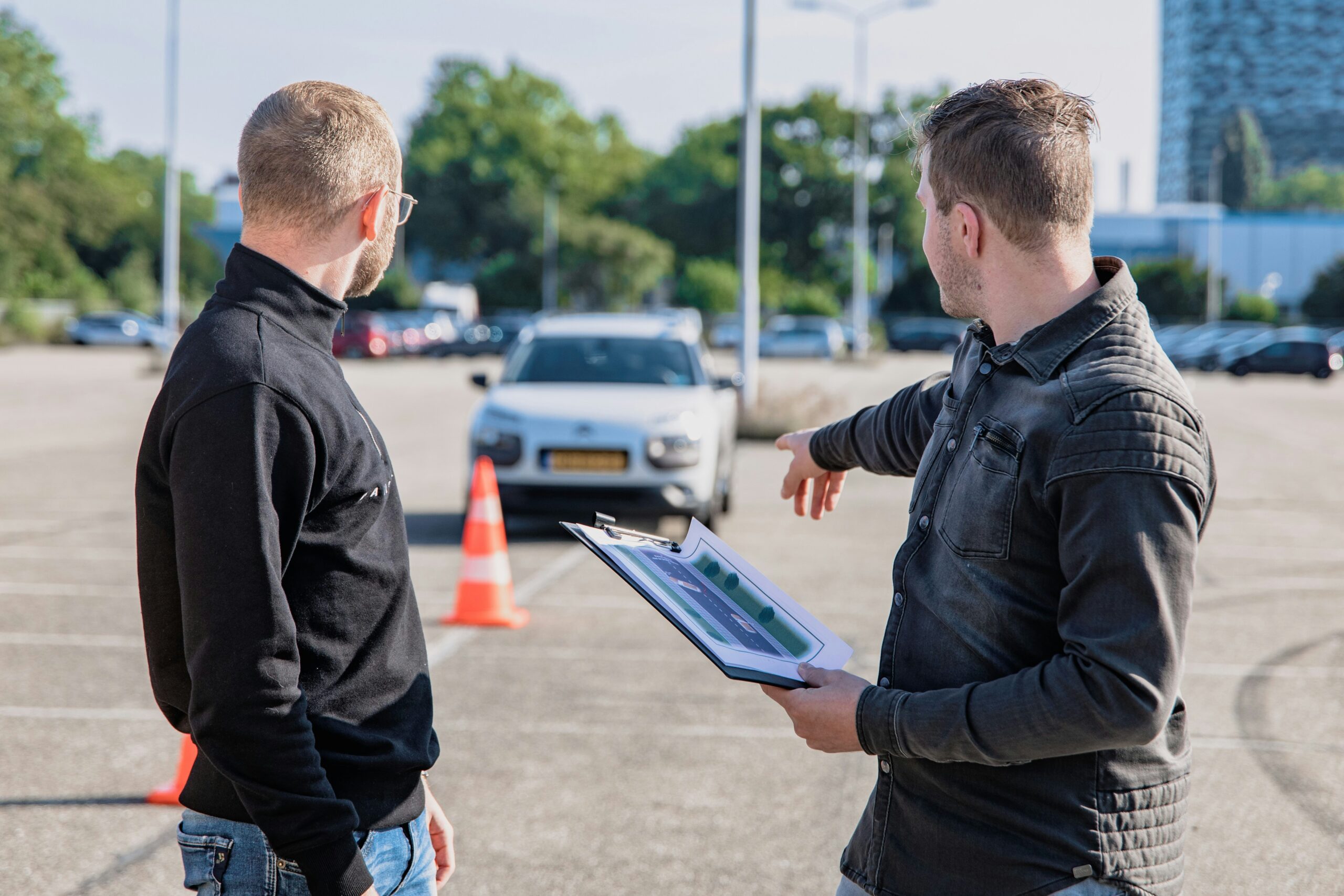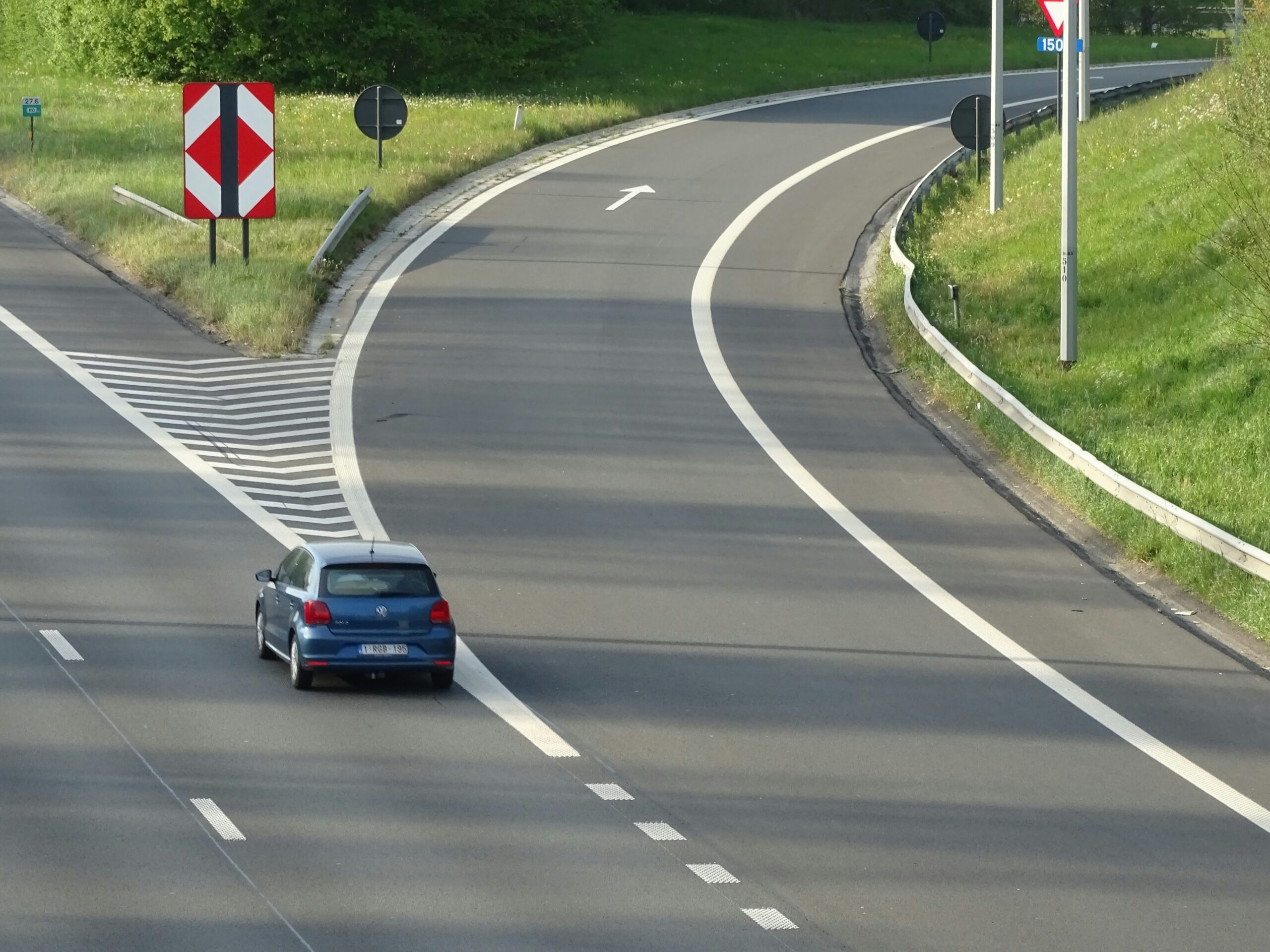Obtaining a Driver’s License in the Netherlands for Expats: A Guide
For expats, understanding how to obtain a driver’s license in the Netherlands is crucial, whether you plan to explore the country’s picturesque countryside or need to commute for work. This guide offers a step-by-step approach to the process, ensuring you’re well-prepared for your driving journey in the Netherlands.
Understanding the Dutch Driving License System
The Netherlands has a well-structured system for issuing driver’s licenses, designed to ensure that all drivers have the necessary skills and knowledge for safe driving. The process can vary significantly depending on your nationality, the validity of your current driver’s license, and your residency status.
Eligibility Criteria
Before embarking on the process of obtaining a Dutch driver’s license, it’s important to check if you meet the eligibility criteria:
- Age: You must be at least 18 years old to drive a car in the Netherlands.
- Residency: You need to be a legal resident of the Netherlands, with a valid residence permit.
- Health: A declaration of health (Gezondheidsverklaring) is required to assess your fitness to drive.
How long does the process to obtain a driving license in the Netherlands take for expats?
The duration of the process to obtain a driving license in the Netherlands for expats can vary significantly based on several factors, including the need for a license exchange, the requirement to take driving tests, and the individual’s readiness for these tests.
- License Exchange: For expats from countries with a reciprocal license agreement, the process can be relatively quick, often completed within a few weeks to a month. This timeframe includes submitting the application, providing the necessary documents, and receiving the Dutch license. The efficiency of this process largely depends on the completeness of the submitted documentation and the workload of the RDW (Netherlands Vehicle Authority).
- Taking Driving Tests: Expats required to take both theoretical and practical driving tests may find the process lengthier. Preparation for the theory test can vary, with some individuals needing several weeks to study. Once ready, booking the theory test can usually be done on short notice. However, passing the theory test is required before proceeding to the practical test, which might have longer waiting times, often several weeks to months, depending on the availability at the testing center and readiness of the applicant.
- Driving Lessons: For those needing practical driving lessons, the total time to obtain a license can extend further, depending on the number of lessons required to reach test-ready competence. This could add months to the process, with the average student taking 20 to 30 hours of driving instruction.
In summary, the process can take anywhere from a few weeks for a straightforward license exchange to several months for those needing to complete driving tests and lessons.

Why do some expats need to retake driving tests in the Netherlands?
Some expats need to retake driving tests in the Netherlands due to the absence of reciprocal agreements between their home country and the Netherlands, or if their driving license does not meet specific criteria set by Dutch authorities. Here are the primary reasons:
- Non-Reciprocal Licensing Agreements: The Netherlands has agreements with certain countries that allow for a direct exchange of driving licenses without the need for testing. If an expat’s home country is not on this list, they will be required to pass both theoretical and practical driving examinations to ensure their skills and knowledge comply with Dutch standards.
- Validity and Classification Issues: Even if there is a reciprocal agreement, licenses must meet certain validity and classification criteria. For example, licenses issued less than a certain number of years ago, or those that do not clearly indicate the types of vehicles the holder is permitted to drive, may not be eligible for direct exchange.
- Safety and Regulatory Standards: Driving tests ensure that all drivers on Dutch roads understand local traffic laws, signs, and rules, which can significantly differ from those in other countries. This requirement aims to maintain high safety standards on the roads and ensure that all drivers, regardless of their country of origin, are adequately prepared for the unique aspects of driving in the Netherlands.
Retaking driving tests as an expat underscores the Dutch commitment to road safety and ensures that all drivers share a consistent understanding of driving practices and regulations within the country.
For Holders of Non-EU/EEA Licenses
If you possess a driver’s license from a country outside the EU/EEA, the steps to obtaining a Dutch license include:
License Exchange
Some countries have reciprocal agreements with the Netherlands, allowing for a straightforward exchange of your existing license for a Dutch one without the need for additional testing. However, this option is subject to specific conditions and might require:
- Valid Residence Permit: Proof of legal residence in the Netherlands.
- Existing License Validity: Your current license must be valid and meet certain criteria regarding issuance date and authenticity.
- Application Within Grace Period: Typically, you have a six-month window after registering in the Netherlands to apply for an exchange.
Driving Test Requirement
If your country does not have a reciprocal agreement with the Netherlands, or if you miss the application window, you’ll need to pass both theoretical and practical driving tests. The process involves:
- Enrollment in a Driving School: It’s advisable to take driving lessons at a recognized driving school to familiarize yourself with Dutch traffic rules and driving practices.
- Passing the Theory Test: The theory test covers traffic laws, signs, and vehicle knowledge. Preparation materials are available in multiple languages.
- Passing the Practical Test: The practical test assesses your driving skills, including vehicle control and adherence to traffic laws.

For EU/EEA License Holders
Expats from EU/EEA countries enjoy a more straightforward process, as their licenses are recognized in the Netherlands. However, they should be aware of the following:
- License Validity: Ensure your license is valid; if it’s due to expire, you can easily exchange it for a Dutch license.
- Residency Registration: Once you become a resident of the Netherlands, you can use your EU/EEA license but must adhere to Dutch regulations regarding renewal and exchange.
Final Steps and Tips
After passing the required tests or fulfilling the conditions for a license exchange, the final steps involve:
- Application Submission: Submit your application through the local municipality (gemeente), providing all necessary documents and fees.
- Health Declaration: The health declaration ensures you meet the medical standards for driving in the Netherlands.
Useful Tips:
- Language Barrier: Consider enrolling in a driving school that offers instruction in English or your preferred language.
- Understanding Dutch Roads: Familiarize yourself with unique Dutch road signs and rules, especially regarding cyclists and trams.
Conclusion
Obtaining a driver’s license in the Netherlands as an expat requires thorough preparation and understanding of the local regulations. By following the outlined steps and tips, you can ensure a smoother transition to driving in the Netherlands, opening up new opportunities to explore this beautiful country at your own pace. Whether you’re exchanging an existing license or starting from scratch, the journey to becoming a licensed driver in the Netherlands is a rewarding one, offering freedom and convenience in your new home.